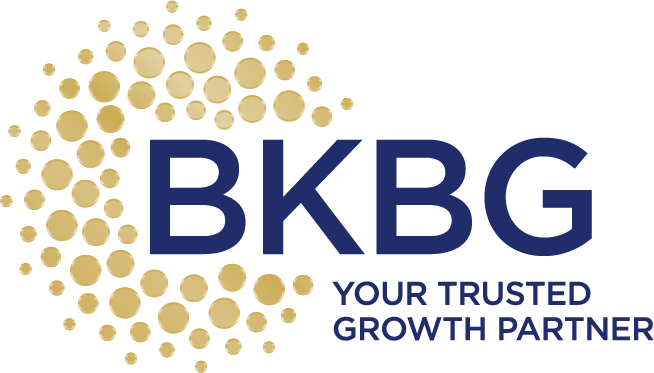Magic Words
Jonah Berger is a professor at the University of Pennsylvania and the author of several New York Times bestselling books on social influence, word of mouth marketing, consumer behavior and how and why products, ideas and behaviors catch on. His latest tribe, Magic Words: What to Say to Get Your Way offers guidance on selecting the right words to get what you want.
Berger’s latest research found that there are different types of words that are more impactful than others. Certain words are better at changing minds, engaging audiences and driving action. The first group is similarity (and difference). Berger cited research that found that 15% of people were more likely to vote if they were asked to be a voter rather than if they were asked to vote. The same principle applies to running. Who do you believe runs more someone who says they are a runner or someone who says that they run? Another example is to describe someone as a creator versus saying they are creative. The difference is identity and a bigger part of who you are.
The second type of words that make a difference is the language of questions. Berger found that asking for advice from a peer, colleague or client makes you look smarter and more competent because most people are egocentric. The lesson: If you need help or advice, ask for it, because most people take it as a compliment that you look upon them for guidance and their expertise.
The language of certainty is the third type of words that make a difference. Berger points to Elon Musk and Steve Jobs as prime examples of people who convey a great deal of certainty. Kitchen and bath showroom professionals can use the language of certainty to their advantage. Instead of saying, “I think this design is going to work for you, rephrase it by stating, “This is a great design, in order for it to be all that it can, you need to invest in….”
Being creative is difficult. However, Berger found that switching a single word can make you more creative and solution-oriented. When you are stuck on a problem or dealing with an issue that you don’t have a ready-made solution, you often think, what should you do? Berger claims that type of thinking narrows possible solutions to one or two correct answers. The more effective question to ask is what could be done. This expands possibilities and can lead to more creative outcomes.
The lesson is that a few subtle changes to your word choice can have a major positive impact on your ability to persuade and convince others.
